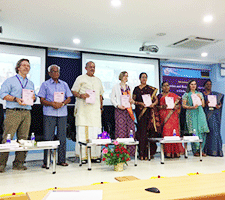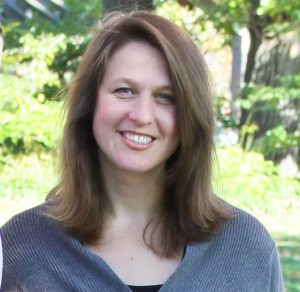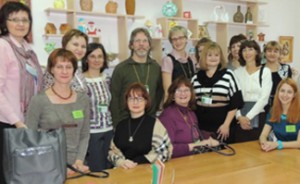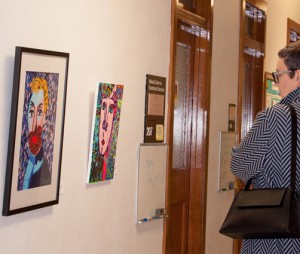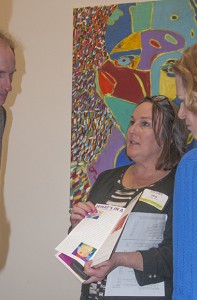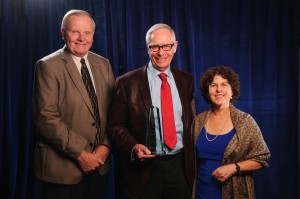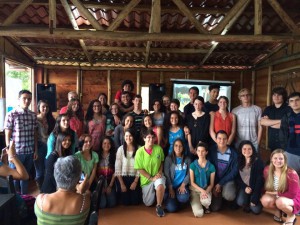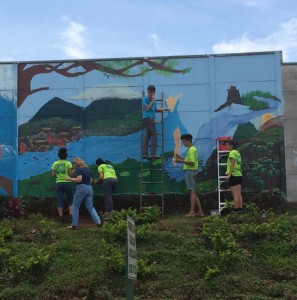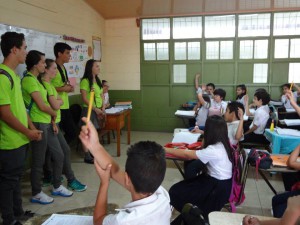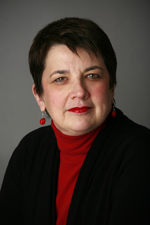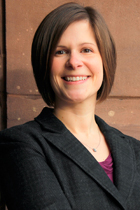Are you living where you want, with whom you want? Are you doing the type of work you want to do? Do the services and supports you receive help you achieve your goals in life? These are some of the questions that, when asked of people with disabilities, provide information about their quality of life as seen from their perspectives. Ensuring that information of this type can be gathered in a reliable and valid manner is a key part of the work of the new Rehabilitation Research and Training Center on Home and Community Based Services Outcome Measurement (RRTC/OM) at the Institute on Community Integration (ICI).
Federal and state policymakers increasingly speak of the importance of demonstrating the effectiveness (“outcomes”) of public investments in services for persons with disabilities. No longer satisfied with descriptions of money spent, staffing ratios, and movement of people from institutions to the community, they desire more specific information on the quality of life experienced as a result of receiving services and supports. And they desire outcomes information measured in a consistent and accurate manner nationwide.
In response to these needs, ICI has received a five-year, $4.4 million grant from the National Institute on Disability, Independent Living, and Rehabilitation Research (NIDILRR), U.S. Department of Health and Human Services, to launch the RRTC/OM. The new center, directed by ICI’s Brian Abery and Amy Hewitt, is a partnership of five organizations: ICI’s Research and Training Center on Community Living, the Research and Training Center on Community Living for People with Psychiatric Disabilities at Temple University, the Research and Training Center on Community Living Policy at the University of California San Francisco, The National Council on Aging, and the Ohio Valley Center for Brain Injury Prevention and Rehabilitation at The Ohio State University.
“The National Quality Forum recently unveiled a draft framework for HCBS outcome measurement for people with disabilities,” says Abery. “We will initially look at that framework to see whether it captures the perspectives of a wide variety of stakeholders, including people with different types of disabilities who are of different ages and from different cultural groups, as well as their family members, service providers, and policymakers. We’ll then recommend modifications to ensure the framework reflects what’s truly important to people with disabilities in terms of service outcomes.”
Five subsequent RRTC/OM studies will identify gaps in measurement areas and best practices in HCBS outcome measurement, refine and develop measures, determine the reliability and validity of measures, and study factors (e.g., age, gender, residential setting) that need to be considered in interpreting results.
Ultimately, the work of the RRTC/OM will result in a set of recommended measures and procedures that can be used for collecting data on whether the HCBS-funded programs do what they’re intended to do in supporting quality-of-life outcomes for individuals with physical, intellectual, and developmental disabilities; individuals with traumatic brain injury; and adults with age-related disabilities.
“The U.S. spends nearly $40 billion a year on HCBS-funded services that are used by nearly 1.5 million individuals, yet, we have very little information on the outcomes of these services and supports for most HCBS recipients,” says Hewitt. “We hope this new center will lead to improvement in this area.”
For more information about the RRTC/OM, contact Brian Abery at abery001@umn.edu or 612-625-5592.
